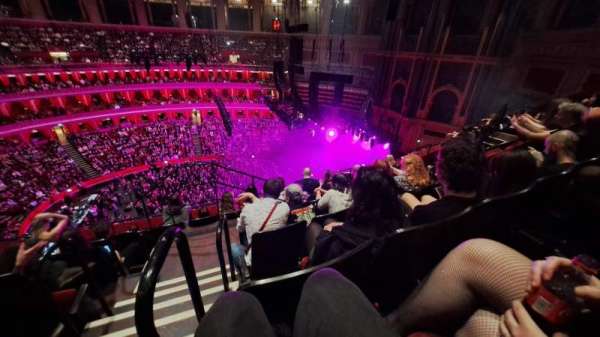Exploring the Royal Albert Hall: A Cultural Landmark

Introduction
The Royal Albert Hall, located in the heart of London, is one of the most iconic venues in the world. Since its opening in 1871, it has been a staple of British culture, representing the richness of the arts and music. With a capacity of over 5,000 attendees, the hall hosts a diverse range of performances, from classical music concerts to rock and pop events. Its architectural brilliance and historical significance make it a must-visit site for both residents and tourists.
History and Significance
The Royal Albert Hall was commissioned by Prince Albert and named in his honour following his death. Designed by architect Francis Fowke in a distinctive circular design, the venue opened its doors to the public on March 29, 1871. Over the years, it has been immortalised as the home of the annual Proms concert series, showcasing classical music to audiences worldwide.
This landmark has also welcomed a plethora of world-renowned artists and notable events. From legendary performances by the Beatles to significant speeches delivered by political figures, the hall has played a vital role in the cultural landscape of the UK. More recently, it has been a host for the BBC Proms, a celebration of classical music that attracts thousands each summer.
Current Events and Future Outlook
As of 2023, the Royal Albert Hall has continued to adapt in response to the changing landscape of live entertainment. The venue has embraced hybrid performances, combining live audiences with virtual experiences to reach a broader audience. Recent events include a series of concerts supporting local artists and initiatives aimed at promoting accessibility for all attendees.
The hall is also undergoing refurbishment and upgrades to improve acoustics and enhance the visitor experience. These enhancements are expected to ensure that the Royal Albert Hall remains a leading venue for performance art well into the future.
Conclusion
The Royal Albert Hall stands not only as a historical monument but also as a dynamic space that evolves with the times. Its impact on the cultural fabric of London and the UK is undeniable, serving as a beacon for artistic expression and community engagement. Looking ahead, increased focus on inclusivity and innovative programming suggests that the Royal Albert Hall will continue to thrive as a cherished venue for generations to come.
